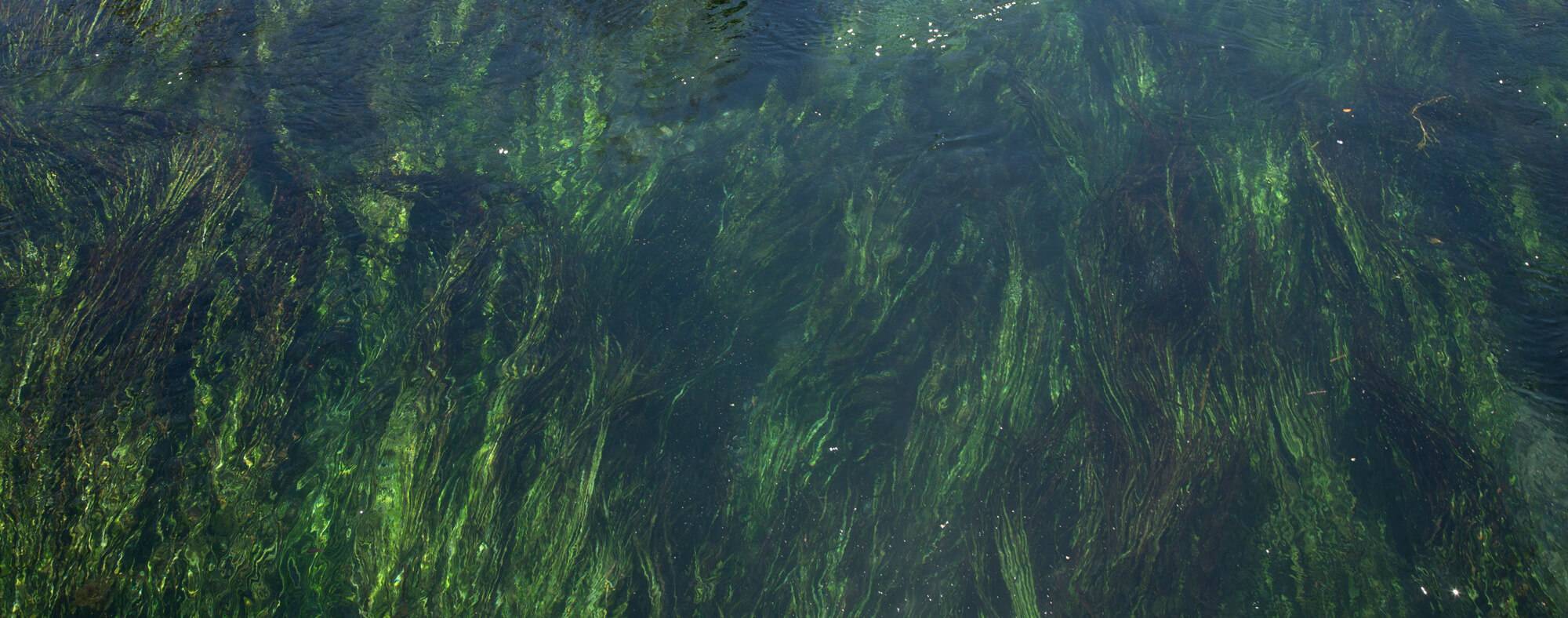Projects
Integrated Water Management for Sustainable Use
These projects address the comprehensive, holistic management of water systems (lakes, rivers, wetlands, groundwater, estuaries) for sustainable use, including the maintenance of the life-supporting ecosystem services they provide to humanity. They address the scientific/technical and socioeconomic/governance elements that underlie sustainable water resources, including identifying constraints to sustainable water use, the root causes of these constraints, and exploring feasible solutions for addressing them. They focus largely, though not exclusively, on international and transboundary water systems, including the hydrologic linkages between them, and their environmental and management implications. Current projects include the Integrated Lake Basin Management (ILBM) platform process applied to lake basins in Asia, Africa, Latin America and the United States, examples being the Lake Chapala – Lerma River Basin in Mexico, and the Potomac River Basin in the USA.
Management of the International Rio Grande/Rio Bravo for Sustainable Use
The 3,000-km-long Rio Grande (known as the Rio Bravo in Mexico), the fifth largest river in North America is a major boundary between the United States and Mexico and central to the cultural heritage and history of the border region of both countries. Its 467,000-km2 drainage basin stretches across five Mexican being three U.S. states, with a rapidly growing population currently numbering more than 13 million inhabitants. This transboundary river is over-allocated throughout its basin, and subjected to a wide range of environmental and socioeconomic stresses. Its waters are not being used in a sustainable manner in either country and, as a result, its ability to support human physical, social and economic needs, while also maintaining important ecosystems, is being overwhelmed. The projects described herein focus on development of an integrated management approach to address the serious human and environmental problems confronting this important transboundary river, with the ultimate goal of its holistic management throughout its basin.
International Water and Environmental Assessments
These international projects focus on involvement of International Watershed Studies in water and/or larger environmental assessments for identifying water-related problems on a global scale. They include the development and application of comparative methodologies for assessing transboundary rivers, lakes, groundwater aquifers, large marine ecosystems and the open oceans. The status of the water environment around the world is the subject of another project, including its linkages with other environmental components, and its socioeconomic and environmental implications on a regional basis. These project results are being used to provide information to water scientists, managers and policymakers around the world in order to inform water-related decision-making.
The Gulf of Mexico is an international marine system of economic and environmental importance to the United States and Mexico, as well as other countries. These projects focus on development of ecosystem-based management approaches to protect the environmental and ecological integrity of the Gulf of Mexico and its coastal areas, including consideration of the freshwater riverine systems draining to it, particularly the Mississippi River and Rio Grande, as well as the assessment and management implications involving these linked water systems. It also includes projects related to conservation of seagrass ecosystems along coastal areas, and studies directed to the freshwater inflows needed to maintain coastal estuarie aquatic ecosystems.
Watershed Modeling and Scenario Analysis
These projects focus on development of watershed models, decision support systems, and approaches for developing and analyzing development scenarios in watersheds. The goal is two-fold, including encouragement of participatory approaches to watershed management, as well as development of spatial and modeling tools to inform land and water management decision-making. Future projects on a larger spatial basis also are anticipated.
International Conferences and Other Activities
International Watershed Studies convenes and participates in various international conferences, workshops and short courses. IWS staff also are periodically requested to review and comment on specific projects of a local, national or international nature. Activities of this type will be continuously identified, updated and described within this project area.
